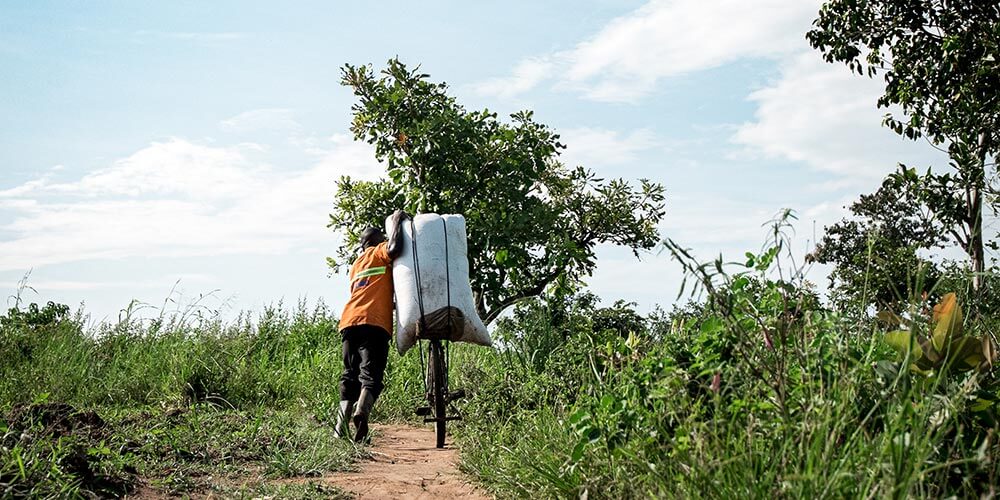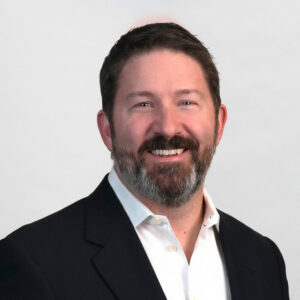Teaching a skill isn’t more effective at ending poverty than giving a meal. Here’s what many charities get wrong.
It’s a popular assumption that lifting someone out of poverty involves teaching skills, rather than simply giving charity. It’s not only become a cliche, it’s really not even true.
“Give a man a fish, and you feed him for a day.
Teach a man to fish, and you feed him for a lifetime.”
-original source unknown
It’s often a dismissal to end a conversation. It’s how people tell us they get it, that they’re on the same page. Discussing charity, we hear, “Yes! Teach a man to fish!” and then the conversation can move on to more interesting topics… “Did you catch the game last weekend?”
We owe it to impoverished and traumatized individuals to stay in the conversation and dig deeper. Don’t stop pressing and questioning, as if there is a universal understanding of how liberation from poverty works. Think about what you know of the vulnerable populations in the world – don’t you think they already know how to fish?
If we showed up with fishing poles, bait and a class on fishing (or shovels and seeds and farming books, for that matter), do you think anyone would shout “eureka!” in response? Most people in terrible situations have seen countless well-meaning charities come in and out of their lives through a revolving door. The expectations are low – these charities or individuals are quickly identified as kind-hearted, but out-of-touch.
Our expectations are also too low. Do we really respect the potential of those we’re trying to help? Our assumptions are understandable. For most of our lives, we’ve heard about extreme poverty in the same places. There’s an easy assumption that some people just aren’t capable of providing for themselves.
However, given a few valuable connections with mentors, employers, or markets, most will move from starving to thriving, almost on their own. They already have the work ethic, the skills, and the motivation. These are not their barriers.
What can we do instead? Let’s stop assuming lives can be transformed by what we think we know.
-
Ask questions.
Imagine that you need to buy a gift for a teenage relative you rarely see. How would you decide what to get? How would they receive your gift if you simply bought what you wanted at the same age? It’s doubtful they would feel understood, or that you even cared that much. It probably wouldn’t take long for that gift to end up under a pile on their bedroom floor.
It’s not because they’re spoiled. It’s because you didn’t ask them what they wanted. Most of us recognize that the easiest way to buy a thoughtful gift is to get to know someone first and find out their interests and needs.
Why should charity be any different?
-
Talk to people who are already doing the work.
Is anyone already doing the work you are interested in? Make connections with local leaders and get to know the situation. People who are shepherding those in need already know what isn’t working. They already know what could make a difference; they just need resources and connections to make it happen.
It’s even possible that the work has already begun and you don’t need to start something entirely new. Dig in and get to work where you can make a difference.
-
Consider local economies and markets.
Is it life-changing to teach someone a skill you have, creating a product or providing a service with a thriving market where you live, without considering what the market is like where they live? Is it really an effective solution to poverty if it’s dependent on you for it to work long-term?
The most liberating skills and connections will lead to independence and lasting change. Take yourself (or your favorite charity) out of the picture and look ahead five years: are the people you want to serve in a better place? Will their children have a brighter future without continued intervention?
-
Ask questions again.
You can ask what someone needs today, or you can ask what they really need to create a better future.
Once today’s immediate needs are met, ask questions again. What would really make a difference? Experience tells us that it’s not giving away any “thing.” It’s access. How can you help share access to meaningful education, job training, and meaningful careers? How can you help vulnerable people get from where they are to where they want to be?
At Viable, the people we serve are not starving. They are surviving (because they are survivors), but they are suffering and often struggle to find hope. While a vulnerable mother might be able to barter enough to feed her children today, she does not have what she needs tomorrow.
What she really wants is a more secure future for her children. She wants her family to be taken care of, and to grow up healthy, knowing how to provide for themselves. She wants a better future for her grandchildren. That need is universally relatable.
VIABLE WORKS TO FULFILL DREAMS THROUGH REAL OPPORTUNITIES
In Uganda, there are five working age Ugandans for every one formal job available. In rural areas, the ratio is more like 20 to 1.
Because of decades of violence and upheaval, more than half of Uganda’s population is under the age of 18. There are 700,000 youth joining the workforce every year, but Uganda’s economy produces only around 100,000 new jobs in the same amount of time.
The math speaks for itself.
Viable works with small farmers who earn less than what they need to support their families. (80% of the Ugandan workforce relies on agriculture for their income.)
They don’t need us to tell them how to farm. They need connections.
If a rural farmer with 1-2 acres managed to increase production by 500%, her income likely would not change; the excess would be wasted. A large enough market for her crops simply isn’t within reach. She doesn’t have connections to companies who will pay a fair price for what she is able to produce.
Instead, farmers—especially women—settle for a fraction of their harvest’s value from middlemen who routinely exploit them.
At Viable, we don’t waste time training people in skills they already have. We explore markets, create connections, and negotiate fair prices.
With these connections, farmers are immediately able to bring more profits home. Many go on to launch additional small businesses entirely on their own. Using their increased income and the connections we help them make, they can start building a future.
Local companies willingly provide training to those who show initiative. In turn, production and quality continue to increase. We get to watch these small farmers become entrepreneurs with a competitive advantage in their local markets.
The result? They are finally able to thrive in the communities where they were born, making a difference for their families and future generations. They have a business legacy to pass down. Often, for the first time, their children (the youth entering the workforce) are interested in pursuing their parents’ line of work.
The ratio of working people to jobs in Uganda is 20 to 1.
We’re working to make it 20 to 20.
The workers exist. The markets exist. And with your help, the connections exist.
Sure, we could teach a man to fish. Or just give a man a fish. But at Viable, we know true change comes from introducing them to fish buyers, cutting out the middlemen, and showing them how to maximize their profits.
If you aren’t already a subscriber, sign up for Viable’s newsletter to learn more about what we do, and follow us on Facebook and Instagram for regular updates about how you can help us free people from dependence on charity.



